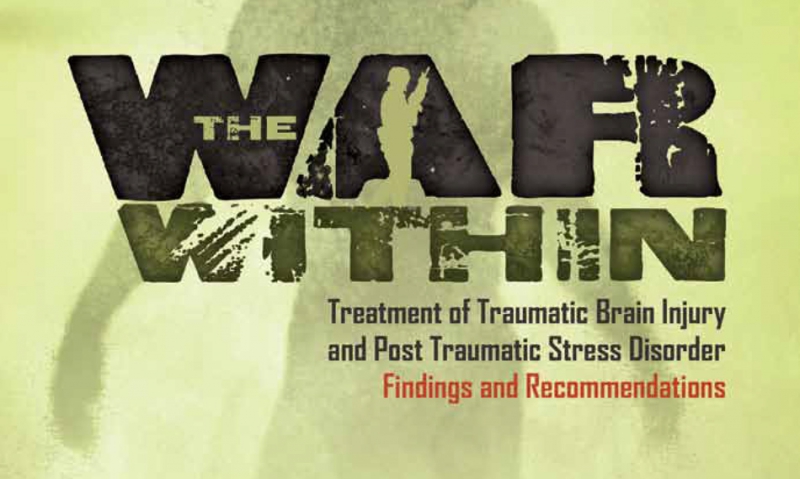
The pending legislation would provide more resources for evaluating complementary and alternative medical treatments.
Two measures pending in the House Committee on Veterans’ Affairs would improve substantially the quality of mental-health care for servicemembers and veterans.
The Expanding Care for Veterans Act (H.R.4887) would increase research and education related to the delivery of complementary and alternative medicine to veterans.
The COVER (Creating Options for Veterans Expedited Recovery) Act (H.R.4977) would establish a commission to examine the evidence-based model used by the Department of Veterans Affairs to treat mental illness. This commission would also look at potential benefits of using complementary and alternative treatments available at non-VA facilities.
The American Legion submitted written testimony detailing its support for the two bills to a Nov. 19 hearing by the House Veterans Affairs Subcommittee on Health.
The Legion maintains a permanent committee that examines complementary and alternative treatments for the two conditions. The committee issued a report on its findings and recommendations in September 2013, “The War Within”.
The Legion also conducted a survey of more than 3,000 veterans suffering from TBI and/or PTSD; results of the survey were shared last June at its first symposium on the two conditions.
Other pending HVAC legislation supported by The American Legion includes:
• The Medal of Honor Priority of Care Act (H.R. 4720): To increase the priority for enrollment of Medal of Honor recipients into the VA health-care system.
• H.R. 5475: To improve the care provided by VA for newborn children.
• H.R. 5484: Toxic Exposure Research Act: To establish a national VA center for research on the diagnosis and treatment of health conditions for descendants of veterans exposed to toxic substances during their military service.
• The Clay Hunt Suicide Prevention for American Veterans Act (H.R. 5059): This bill’s three main provisions are 1) to conduct annual evaluations of mental health care and suicide prevention programs in VA and the Department of Defense, 2) to review the terms or characterization of discharges or separations for certain individuals who served in the Armed Forces, and 3) to create a pilot program on medical school loan repayments for psychiatrists who agree to work for VA.
- Veterans Healthcare

